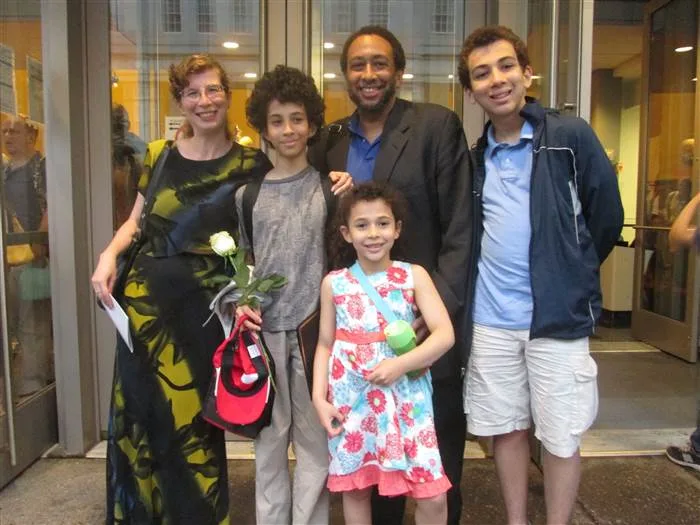
ADAMS: The Supreme Court Ruled in Favor of Students With Disabilities–Shouldn’t All Students Enjoy the Same Rights?
April 19, 2023
VIDEO: New Jersey GOP Slamming Murphy For Spending $500K on His Office While Cutting Aid for Schools
April 20, 2023New Poll: Three Out of Four Black Parents Support Charters, Vouchers, and Open Enrollment
A new poll of 1,300 Black parents of school-aged children by Morning Consult finds a broad shift since the pandemic-induced school closures, what the 74 calls “a greater willingness to experiment with learning outside traditional schools over the last few years.” Alex Spurrier of Bellwether describes the shift this way: “I think the openness and interest in some of these different options is one data point showing that there’s pretty strong demand among [African American] families for different kinds of education options than what their kids might be accessing currently.”
Here are the top-line results of the poll:
- Black parents are more likely to say core academic subjects are extremely important for grades K-8. At the high school level they prioritize critical thinking and core academic subjects. Majorities of Black parents say their children are learning a wide range of life skills in addition to academic learning.
- Black parents view charter schools and open enrollment policies as the most accessible to them. Only half of Black parents view ESAs and school vouchers as accessible. Charter schools receive broad support from Black parents, regardless of their income, region, political ID, or any other demographics.
- Private school and charter school parents are much more likely to believe their child is doing well academically than are district and home school parents. Just under half of all parents across school types believe their child is developing very well socially. When looking at the social components of school, bullying is the most common struggle Black parents believe their child has experienced at school. Roughly ⅔ of Black parents believe their child has experienced some sort of difficulty in school.
- Among Black parents, homeschooling has broad support across all demographics. Those who support it believe it is a much safer option and allows children to have a more personal and individualized learning experience. The biggest concern is the lack of opportunities to socialize.
- There is high support for “microschools” among all Black parents, although just one in 10 say they have a child in a microschool. Those who support microschools believe smaller class sizes will create better learning environments and possibilities for one-on-one learning with the teacher. Those who oppose microschools believe there are not enough opportunities for diverse socialization and believe regular schools do a good enough job.
- The majority of Black parents feel they are more involved in their child’s education as a result of remote learning that took place during the pandemic. Black parents also believe there were important changes/lessons learned during the pandemic that should continue to be implemented, including a focus on mental health, hybrid/remote learning options, and increased technology use. They also report that perceptions of their public school district either remained the same or became more positive.
- Teachers and parents are the most trusted sources for decision-making. Black parents are much less likely to trust state legislatures/governors to make decisions regarding education.
- Six out of 10 Black parents indicate they would like to have at least one day of school per week at home.
- Only one-fourth of Black parents believe education should stay the same as it is today. Of the two-thirds that believe it should change, most believe it should go in a different direction.
Overall, support levels for school choice are high for Black parents. When explanations are given, these are the percentages of parents who support these school choice policies:
Education Savings Accounts (ESAs):79%
School Vouchers: 74%
Charter Schools: 74%
Open Enrollment*: 78%
*An “open enrollment” policy in K-12 education allows a student enrolled in public school to select and transfer to a public school of their choice, rather than attending a
school based on where they live.




